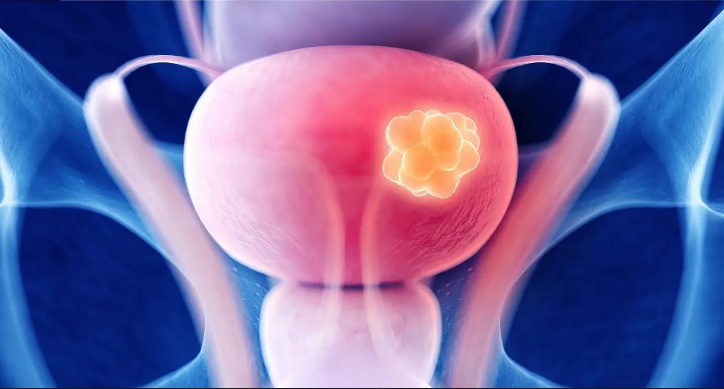Jan 2023: The drug nadofaragene firadenovec-vncg (Adstiladrin, Ferring Pharmaceuticals) has been approved by the Food and Drug Administration for adult patients with high-risk, unresponsive non-muscle invasive bladder cancer (NMIBC) that has carcinoma in situ (CIS) with or without papillary tumours.
In Study CS-003 (NCT02773849), a multicenter, single-arm trial that included 157 patients with high-risk NMIBC and 98 of whom had CIS that could be examined for response, efficacy was assessed. Once every three months for up to 12 months, intolerable toxicity, or recurring high-grade NMIBC, patients received nadofaragene firadenovec-vncg 75 mL intravesical instillation (3 x 1011 viral particles/mL [vp/mL]). Patients were permitted to continue receiving nadofaragene firadenovec-vncg every three months as long as there was no high-grade recurrence.
Complete response (CR) at any time and durability of response were the main efficacy outcome metrics (DoR). In order to qualify as CR, a negative cystoscopy along with relevant TURBT, biopsies, and urine cytology was required. Five different bladder biopsies were taken at random from patients who were still in the CR after a year. The median DoR was 9.7 months (range: 3, 52+), the CR rate was 51% (95% CI: 41%, 61%), and 46% of responding patients remained in CR for at least a year.
Increased hyperglycemia, instillation site discharge, increased triglycerides, weariness, bladder spasm, micturition urgency, increased creatinine, hematuria, reduced phosphate, chills, dysuria, and pyrexia were the most frequent side effects (incidence 10%), as well as test abnormalities (>15%).
Using a urinary catheter, administer 75 mL of nadofaragene firadenovec-vncg into the bladder once every three months at a concentration of 3 x 1011 vp/mL. It is advised to take an anticholinergic as a premedication before each instillation.


